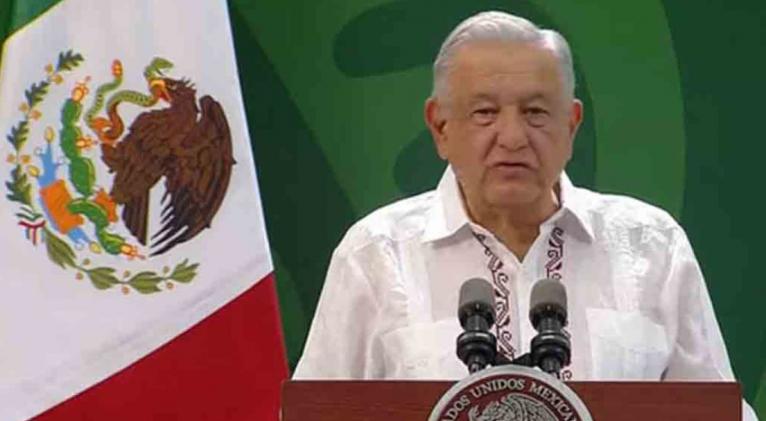At his morning press conference in Oaxaca about what was discussed in his telephone conversation with President Joe Biden on Thursday, the Mexican head of State noted that there were many topics, and not just migration, although many were related to that problem and the economy.
He admitted that he increased the number of migrants passing through Mexico in transit to reach the United States, especially Venezuelans, Haitians, Cubans and Ecuadorians, and the number concentrated in Piedras Negras, Coahuila, who want to cross the Rio Bravo.
That has affected and limited the normal functioning of the border crossings and bridges and we talked about that and that we are going to help as always. We are seeking agreements not only with the United States, but with Venezuela, so that differences can be addressed, as well as with Cuba.
We would very much like to see a dialogue opened between Cuba and the United States, as is already being done with Venezuela, where progress is being made, sanctions are being removed and agreements are being reached because this time politics is being used, not force or blocking. Politics was invented to avoid using force, he stressed. López Obrador praised the fact that the situation is being formalized in Guatemala, because instability there had originated from a certain opposition to Bernardo Arévalo, who won the presidency by a large majority of voters, but there are always people who oppose democracy because they want it their own way, and revealed that he was invited to his inauguration on January 14, and he said that he would like to go and that the person elected will be a good president.
The Mexican president confirmed that in January, a group of senior officials from the US Government, headed by Secretary of State Antony Blinken, will come to Mexico to follow up on the issues discussed in the telephone conversation with Biden, and that Secretary of Homeland Security Alejandro Mayorkas will also be among them.
jg/mem/lma










